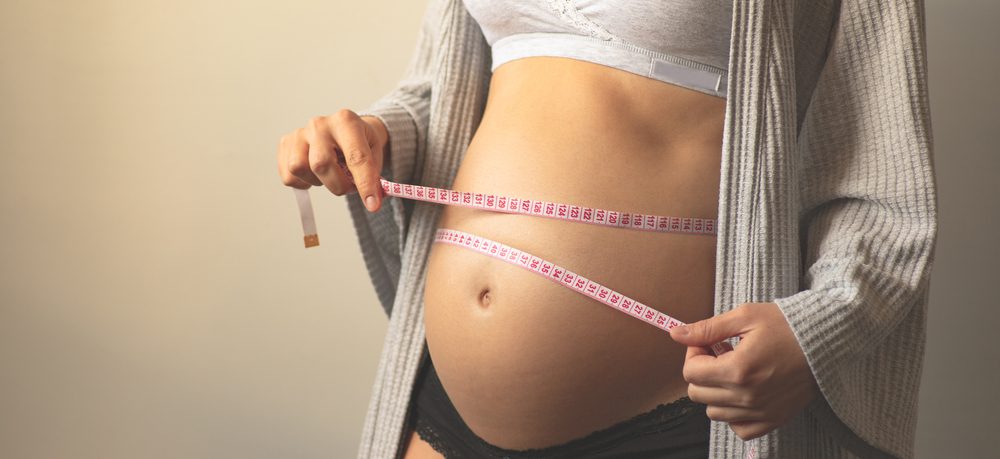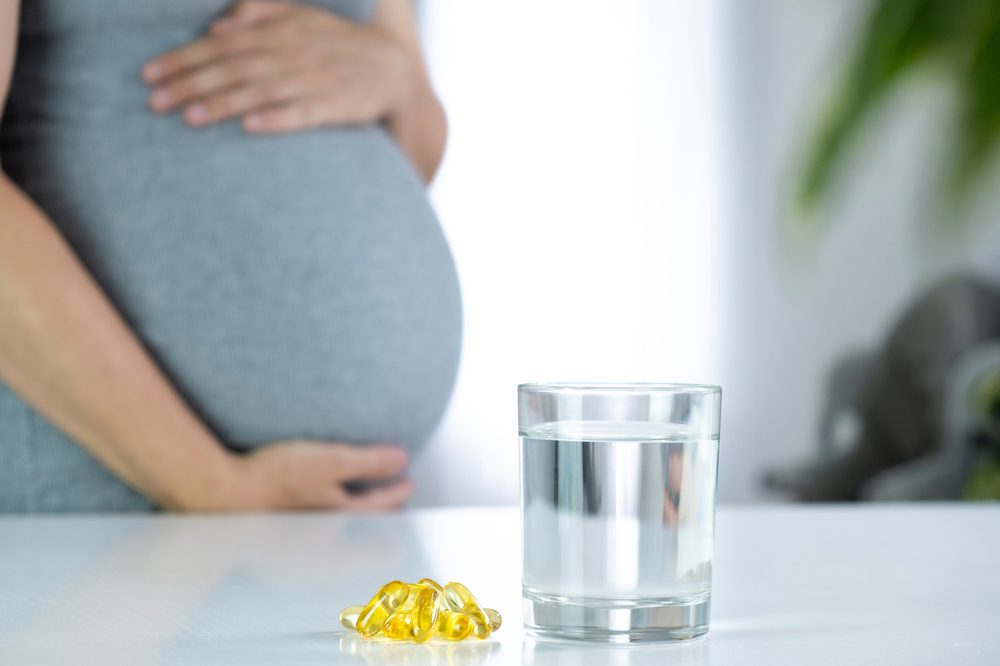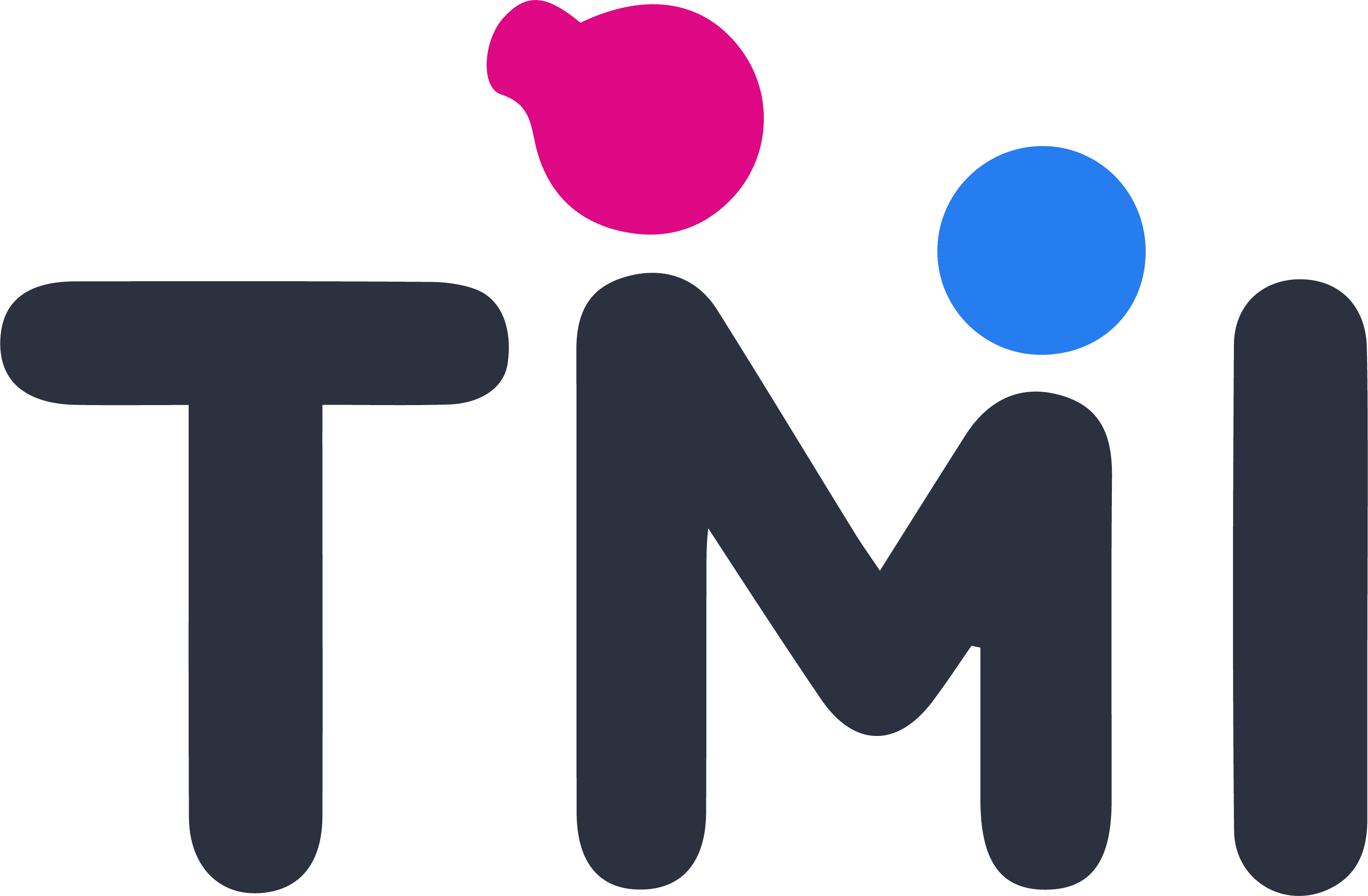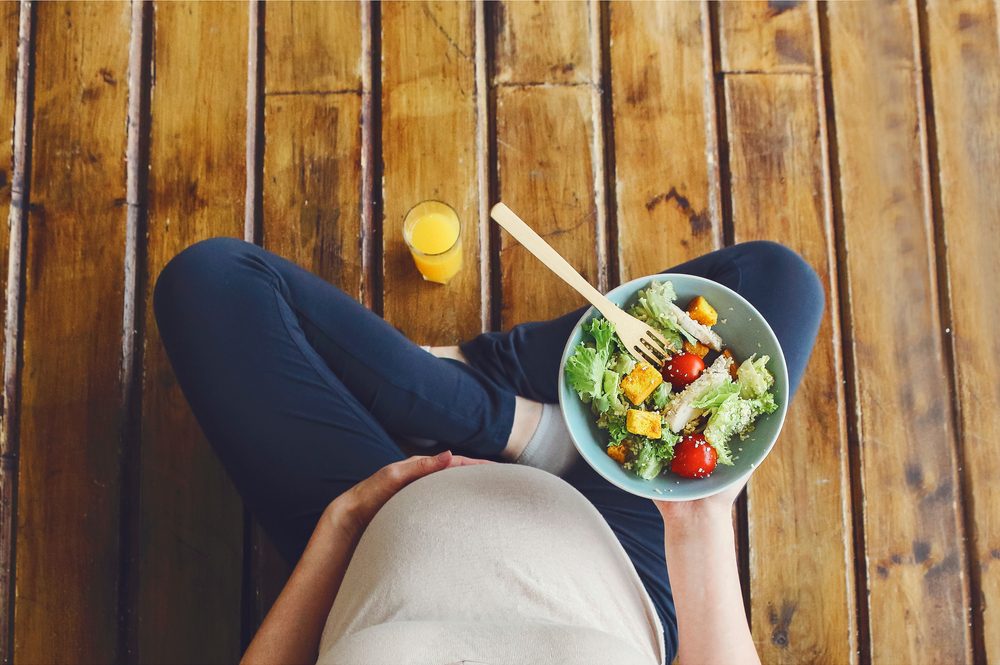WAYS TO MANAGE ALLERGIES AND DIETARY RESTRICTIONS DURING PREGNANCY
Good nutrition during pregnancy can help to keep you and your developing baby healthy. Your need for certain nutrients (such as iron, iodine and folate) increases when you are pregnant.
A varied diet that includes the right amount of healthy foods from the 5 food groups generally provides our bodies with the vitamins and minerals it needs each day. However, pregnant women may need to take vitamin or mineral supplements during pregnancy (such as folate and vitamin D).
Consult your doctor before taking any supplements. They may recommend that you have a blood test or see a dietitian to review your need to take a supplement. You shouldn’t need to take a vitamin D supplement other than if you have been diagnosed with vitamin D deficiency through a blood test.
Healthy weight gain during pregnancy
Steady weight gain during pregnancy is normal and important for the health of you and your baby. However, it is also important not to gain too much weight.
Excess weight gain during pregnancy can increase your risk of certain health issues including gestational diabetes and high blood pressure in pregnancy. Excess weight gain can also make it difficult to lose weight after pregnancy.
If you are pregnant, a good approach is to eat to satisfy your appetite, and continue to monitor your weight throughout pregnancy. You can talk to your Midwife, GP, Dietitian or Obstetrician about assisting you with monitoring your weight.
If you are overweight, pregnancy is not the time to start dieting or trying to lose weight. Weight gain within these ranges is important to support the growth and development of your baby.
To maintain an appropriate weight gain during pregnancy, it is important to:
- Choose healthy foods from the 5 food groups.
- Limit discretionary foods and drinks high in saturated fat, added sugars and added salt (such as cakes, biscuits and sugary drinks).
- Remain active during your pregnancy.

Healthy eating for pregnant women
What you eat during pregnancy affects not only your own health and wellbeing and the development of your baby, but there is also substantial evidence that it can have a lasting impact on the health and wellbeing of your child later in life.
Choose a wide variety of healthy foods from the 5 food groups to make sure your and your baby’s nutritional needs are met to support the health and growth of your baby.
You may find that you need to eat more of some foods to ensure key nutrients are obtained, but there is no need to ‘eat for two’.
What to include in your pregnancy diet:
- A variety of fruits and vegetables of different types and colours. Ideally 2 serves of fruit and 5 serves of vegetables every day.
- Increase your intake of grain and cereal foods to 8½ serves a day. Choose mostly wholegrain and high fibre options.
- Select foods high in iron (such as lean red meat or tofu). Iron-rich foods are important for pregnant women. 3½ serves of meat or meat alternatives are recommended.
- Make a habit of drinking milk, eating hard cheese and yoghurt, or calcium-enriched alternatives. Reduced-fat varieties are best. 2½ serves per day are recommended.
- Drink plenty of water
- Limit your intake of foods and drinks high in saturated fat, added sugar and salt to small amounts.
Folic acid (folate) and pregnancy
Folate (known as folic acid when added to foods) is a B-group vitamin found in a variety of foods. Folic acid helps protect against neural tube defects in the developing foetus. It is important for pregnant women to make sure they are receiving enough of this important vitamin.
For women who are planning a pregnancy, and during the first 3 months of pregnancy, a daily folic acid supplement of 500 micrograms is recommended, as well as eating foods that are naturally rich in folate or are fortified with folic acid.
Folate in your diet
Excellent food sources of folate include:
- asparagus
- bran flakes
- broccoli
- Brussels sprouts
- chickpeas
- dried beans
- lentils
- spinach.
Very good food sources of folate include:
- cabbage
- cauliflower
- leeks
- oranges
- orange juice
- parsley
- peas
- wheat germ
- wholegrain bread.
Good food sources of folate include:
- hazelnuts
- vegemite
- parsnips
- potato
- salmon
- strawberries
- tomato
- unsalted peanuts
- walnuts.
Although liver is high in folate, it is not recommended for women who are, or could be pregnant, because of its high vitamin A content
Iron and pregnancy
During pregnancy, a woman’s requirement for iron increases. This is because the developing foetus draws iron from the mother to last it through the first 5 or 6 months after birth.
Iron losses are reduced during pregnancy, because the woman is no longer menstruating. However, this is not enough to offset the needs of the developing foetus. It is important for pregnant women to eat iron-rich foods every day, such as meat, chicken, seafood, dried beans and lentils, and green leafy vegetables.
Animal sources of iron are readily absorbed by the body. Iron from plant sources is not absorbed as easily, but absorption is helped when these foods are eaten together with foods that contain vitamin C (such as oranges). This is important for women who follow a vegetarian diet.
The recommended daily intake (RDI) of iron during pregnancy is 27 mg a day (9 mg a day more than for non-pregnant women). Iron deficiency during pregnancy is common in Australia, and iron supplements may be needed by some women. It is important to discuss your need for supplements with your doctor, as iron can be toxic (poisonous) in large amounts.
Iodine and pregnancy
Iodine is an important mineral needed for the production of thyroid hormone, which is important for growth and development. If you don’t have enough iodine intake during pregnancy, it increases your baby’s risk of mental impairment and congenital hypothyroidism (previously known as cretinism).
Foods that are good sources of iodine include:
- seafood
- seaweed (including nori and kelp)
- eggs
- meat
- dairy products.
Iodised salt also includes iodine. It is important to avoid adding salt at the table or in cooking, but if you do, make sure it is labelled iodised.
Due to the re-emergence of iodine deficiency in Australia, iodised salt is now added to all commercially sold bread in Australia and New Zealand, with the exception of organic and unleavened bread.
Pregnant and breastfeeding women have increased iodine requirements. Iodine supplementation of 150 micrograms per day is recommended for women planning a pregnancy, throughout pregnancy and while breastfeeding.
Vitamin D and pregnancy
Vitamin D is essential for your baby’s growth and development and your own health during pregnancy. Vitamin D is important for bone health and for optimal pregnancy outcomes for you and your baby.
We get most of our vitamin D from the sun. Ultraviolet (UV) radiation from the sun produces vitamin D in the skin and is the best natural source of vitamin D. Only a small amount of our vitamin D intake comes from our diet – from foods such as eggs, oily fish, margarine and milks fortified with vitamin D.
Women who are at most risk of vitamin D deficiency:
- have dark coloured skin
- wear covering or concealing clothing for religious or other reasons
- spend much time indoors.
You may need a blood test at the beginning of your pregnancy to assess your vitamin D levels. If so, your doctor (GP) will arrange this. Depending on your results, you might need to take vitamin D supplements. During the winter months, it can be more difficult to obtain enough vitamin D. Consider talking to your GP about your vitamin D levels before pregnancy or early in your pregnancy to make sure you begin pregnancy with optimal vitamin D.
If you are considering taking vitamin D or any other supplements during pregnancy, always discuss it with your GP first. It is not beneficial to take vitamin D supplements if you do not need them.

Multivitamin supplements and pregnancy
Multivitamin supplements may be recommended for some groups of pregnant women, including:
- vegans and vegetarians
- teenagers who may have an inadequate food intake
- substance misusers (of drugs, tobacco and alcohol)
- pregnant women who are already very overweight and who are trying to prevent excessive weight gain.
Always be advised by your GP before taking vitamin or mineral supplements.
CONCLUSION In the end I would like to conclude this article by saying that allergies are a serious health problem. Although there are medicines that relieve allergy symptoms, the only cure for allergy is the use of immunotherapy, which changes the patient’s response to the allergen. Immunotherapy is usually prescribed for patients that do not respond to the usual medicines.


